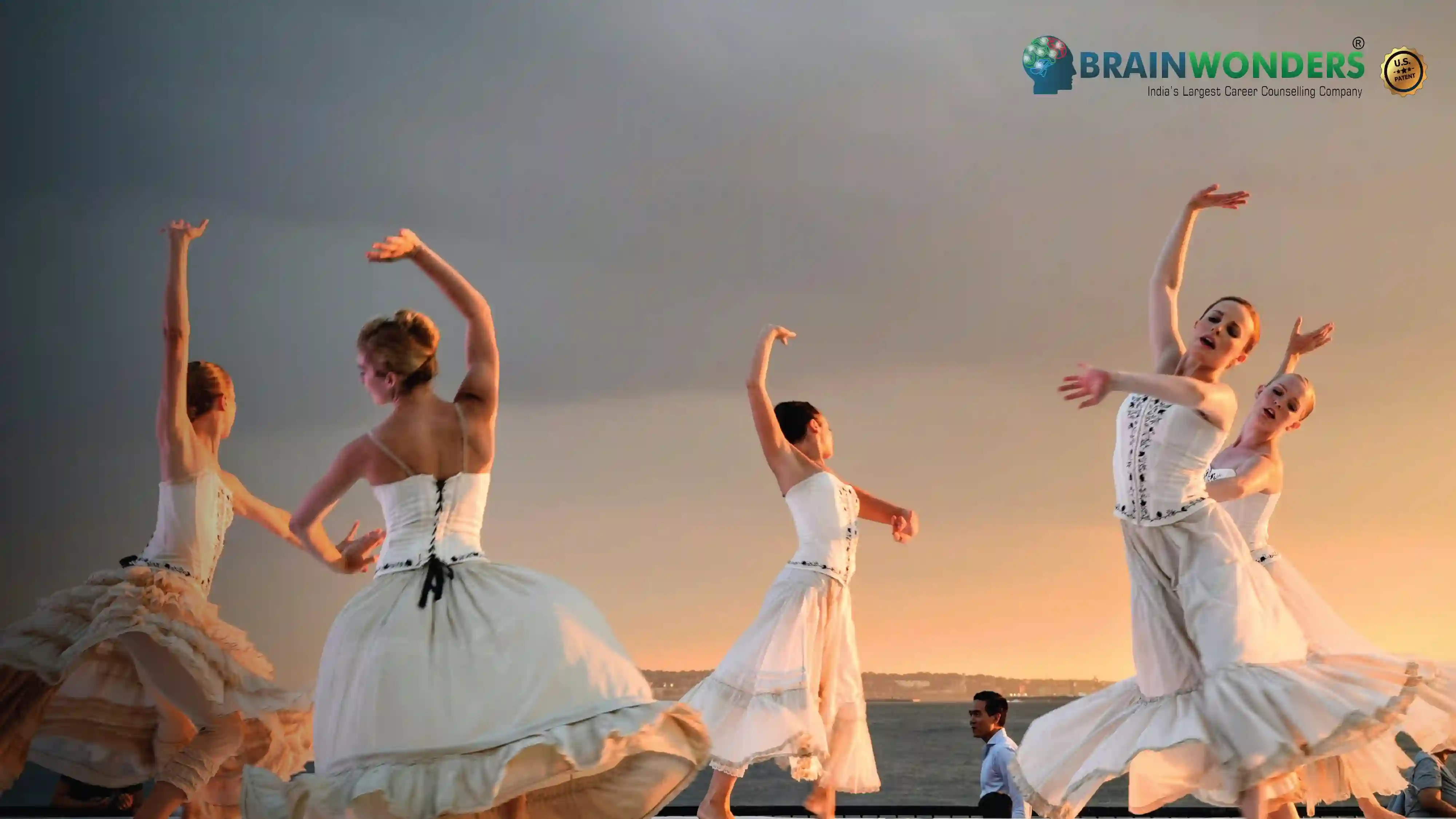How to become an Anchor
Overview, Courses, Exam, Colleges, Pathways, Salary

Overview
Who is Anchor ?
While keeping their own interest and attention, anchors are skilled at delivering content in a manner that captures the audience`s attention while maintaining their own interest and concentration. There are many different kinds of anchors, including news anchors, event anchors, and sports anchors, to name a few examples. However, they are responsible for a substantial part of the presentation and hosting of programmes as well as communicating with the audience and other key employees.
In addition to researching current and relevant news, a news anchor`s duties include reporting on major subjects and events that occur across the globe. Sporting News is researched and provided by a sports anchor, who also conducts interviews with professional players. Simply said, it has everything to do with presenting and familiarising the public and viewers with a certain programme or television series. In the same manner, as their name indicates, they are the professionals who anchor or maintain the continuity of a programme, whether it be news, sports coverage, or event coverage. A successful event or programme may rely on the ability of the anchor to engage the audience since it is through their capacity to engage the audience that a programme or event is brought to life on the television screen.
Typical day at work
What does Anchor do?
An anchor’s work responsibilities shall differ in terms of their specialization as a news, sports, or event anchor. Following are some of the major responsibilities of each:
1. News anchor:
- Research and interpret news stories about national and international current events in an informative, interesting and unbiased manner.
- Conduct interviews with experts, community representatives, and other guests
- Present news stories to the viewers and listeners
- Revising scripts, choose stories to be broadcasted daily on the basis of the audience’s preferences in collaboration with the news directors
2. Event Anchor
- Gather information about current trends and put a creative spin on it to produce engaging content
- Coordinate with the other professionals at the event for scheduling and technical help
- Deliver the content in a manner that captures the attention of the audience
- Interact with the audience and provide commentary
3. Sports anchor
- Keep up-to-date with the sports news at the local, national, and/or international level
- Interview sportspersons for a live/recorded broadcast
- Research and write captivating sports news stories
- Write sports pieces for digital or print publications
Abilities and Aptitude needed
What are the skills, abilities & aptitude needed to become Anchor?
An anchor must possess the following skills to be effective:
- Information base an understanding of themes, names, geography, and history, as well as the ability to put them all into perspective for viewers, is essential for every journalist. The urge to understand all there is to know about the news is the source of this phenomenon.
- Processing new data including sorting, organising, prioritising, and retaining enormous amounts of information, is a skill.
- An awareness of the ethical land mines that often litter the field of live breaking news - unproven facts, graphic video, remarks that may generate panic or jeopardise public safety and security, and words that inflict sorrow for victims and those who care about them.
- No matter how tired or weary the anchor or reporter is, they must have perfect grammar and syntax as well as perfect pronunciation, tone, and storey.
- Interviewing finesse: an understanding of what people want and desire to know, as well as the ability to extract information via intelligent, informed questions and careful listening.
- The ability to listen in on a producer's instructions through an earpiece while scanning new information from computer messages, texts, or Twitter; listen in on what other reporters on the team are sharing and adding; monitor incoming video, and, yes, live tweet information to people who have come to expect information in a variety of formats.
- A thorough awareness of the jobs and technologies that are involved in broadcast execution, the ability to roll with changes and mistakes, and the ability to anticipate the needs of the other professionals involved.
- A fine sense of timing: The capacity to compress or extend one's speech on demand, to detect when a narrative needs renewing or rehashing, and to know how many words are required to fill a minute without even glancing at a clock while waiting for a satellite window, live stream, or interviewee
Pathways
How to become an Anchor?
Entrance Exam
Entrance Exam for Anchor ?
Courses
Which course I can pursue?
Best Colleges
Which are the best colleges to attend to become an Anchor?
Industries
Which Industries are open for Anchor?
- Television Broadcasting
- News Media
- Radio Broadcasting
- Podcasting
- Live Events and Conferences
- Sports Broadcasting
- Entertainment Industry
- Corporate Events
internship
Are there internships available for Anchor?
Internships in the field of anchoring are less common compared to other industries. However, some media organizations and broadcasting companies may offer internships to aspiring anchors, providing opportunities to gain practical experience, learn from professionals, and develop skills in news reporting, presenting, and on-camera delivery.
Career outlook
What does the future look like for Anchor?
People who are interested in developing and giving exciting information to their target audience daily may find a profitable profession as a television anchor to be a good match for them. In a variety of scenarios, it is conceivable that the anchor will be called upon to give help, based on the precise duty that has been assigned to him or her. Additionally to working for radio and television networks, news anchors may be able to find work in a variety of different settings, such as local television stations and internet-based news programmes.
Corporate events, media conferences, and government occasions are just a few examples of the types of programmes for which event anchors are needed. Sports reporters, in contrast to sports anchors, who are hired by broadcasting firms such as television, radio, and the internet to work on their programmes, are not employed by broadcasting organisations. These specialists may also be able to obtain employment as part-time or freelance workers, depending on their availability and expertise. When it comes to their growth potential, the most significant factor to evaluate is their level of expertise in the subject area at hand. Working in this role may need some travel to various locations regularly, as well as working on a flexible schedule for extended periods from time to time. It is possible that hours worked may be irregular and extended shortly, depending on the conditions of the situation.




.webp)
.webp)

